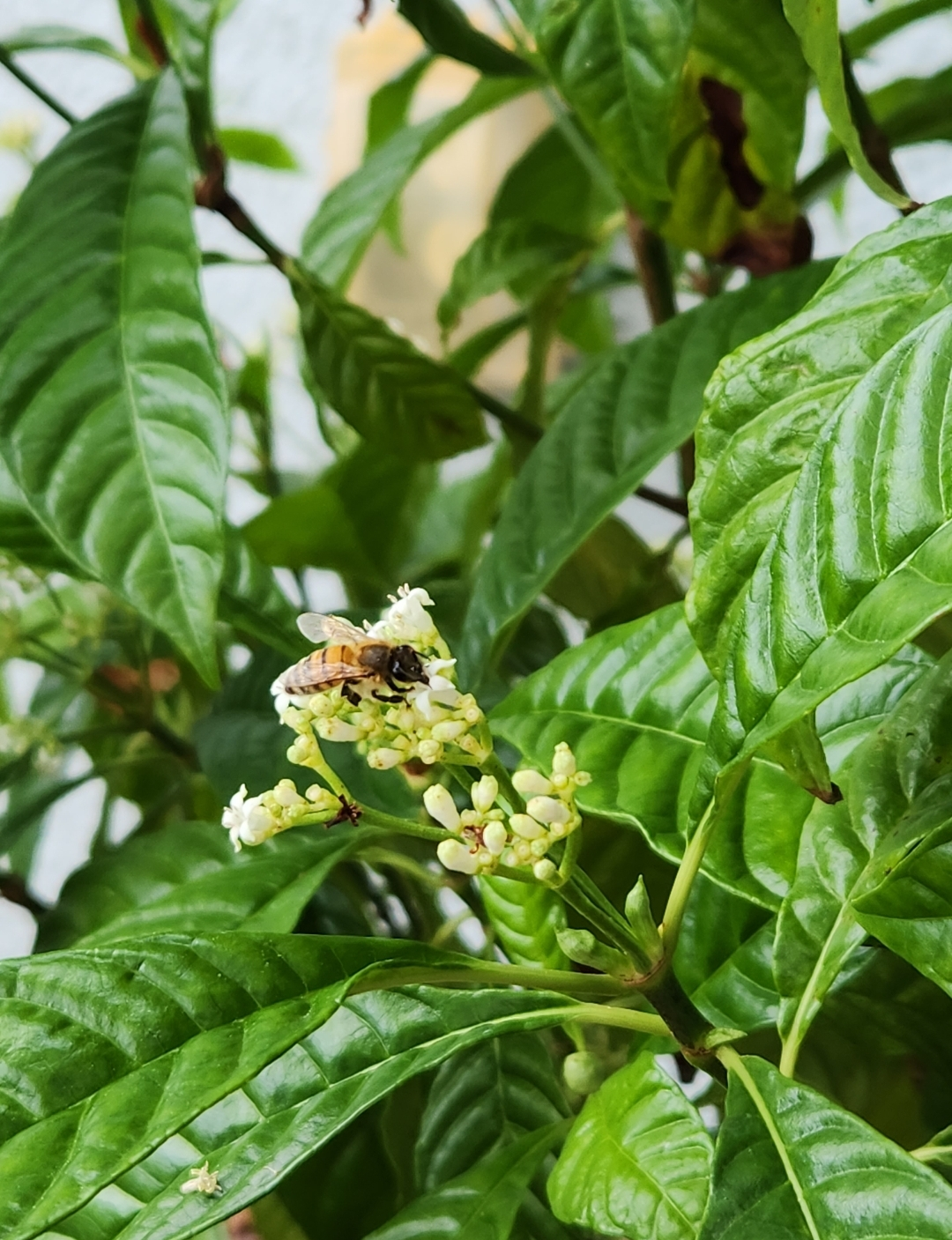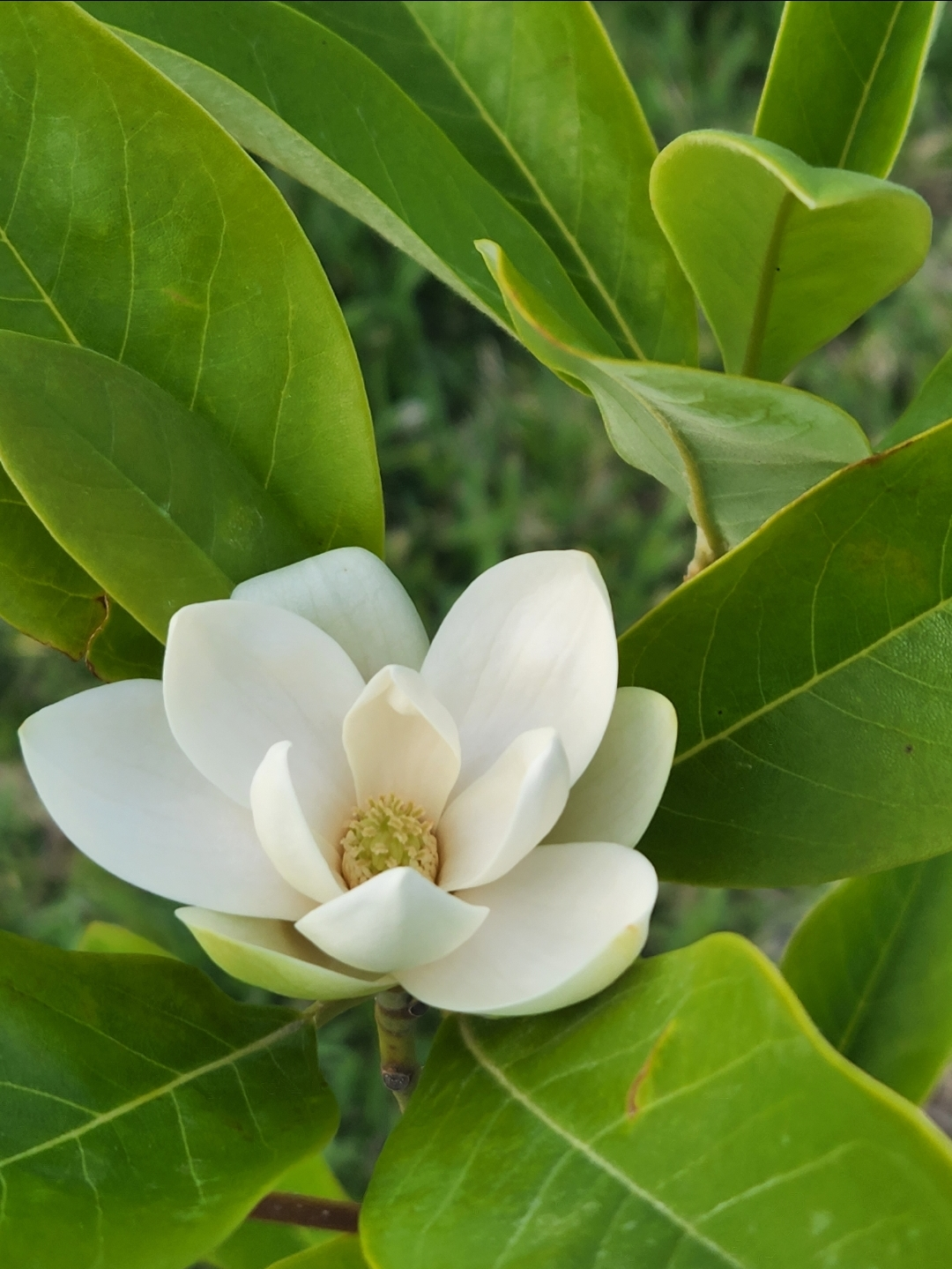Abstract: Soil is one of the most important natural resources and medium for plant growth. Anthropogenic interventions such as tillage, irrigation, and fertilizer application can affect the health of the soil. Use of fertilizer nitrogen (N) for crop production influences soil health primarily through changes in organic matter content, microbial life, and acidity in the soil. Soil organic matter (SOM) constitutes the storehouse of soil N. Studies with 15N-labelled fertilizers show that in a cropping season, plants take more N from the soil than from the fertilizer. A large number of long-term field experiments prove that optimum fertilizer N application to crops neither resulted in loss of organic matter nor adversely affected microbial activity in the soil. Fertilizer N, when applied at or below the level at which maximum yields are achieved, resulted in the build-up of SOM and microbial biomass by promoting plant growth and increasing the amount of litter and root biomass added to soil. Only when fertilizer N was applied at rates more than the optimum, increased residual inorganic N accelerated the loss of SOM through its mineralization. Soil microbial life was also adversely affected at very high fertilizers rates. Optimum fertilizer use on agricultural crops reduces soil erosion but repeated application of high fertilizer N doses may lead to soil acidity, a negative soil health trait. Site-specific management strategies based on principles of synchronization of N demand by crops with N supply from all sources including soil and fertilizer could ensure high yields, along with maintenance of soil health. Balanced application of different nutrients and integrated nutrient management based on organic manures and mineral fertilizers also contributed to soil health maintenance and improvement. Thus, fertilizer N, when applied as per the need of the field crops in a balanced proportion with other nutrients and along with organic manures, if available with the farmer, maintains or improves soil health rather than being deleterious.





